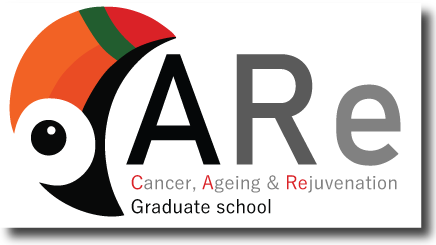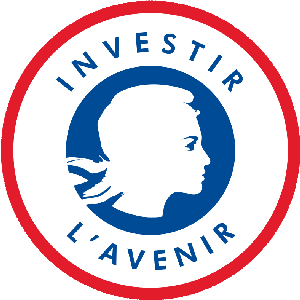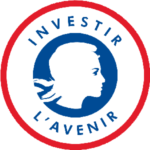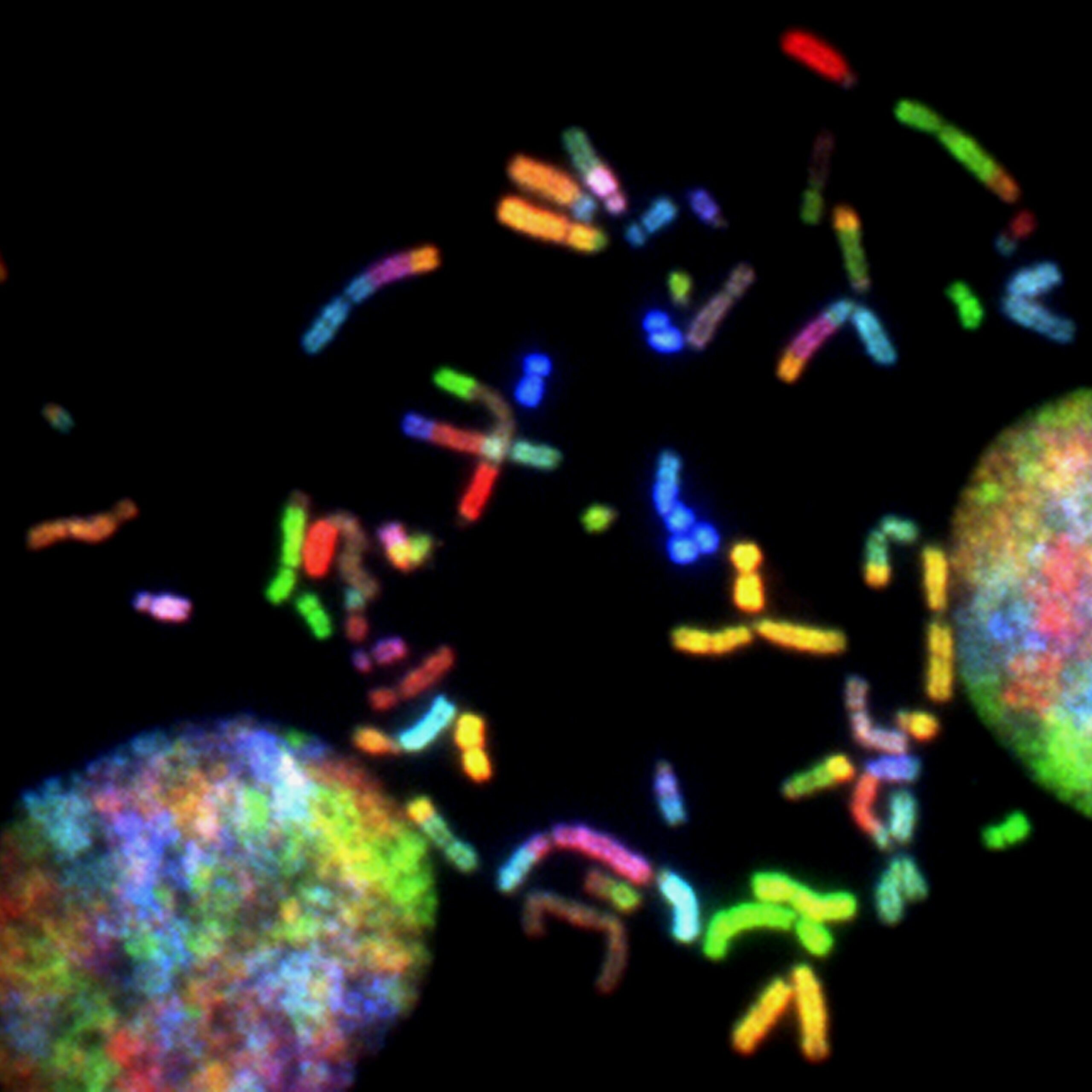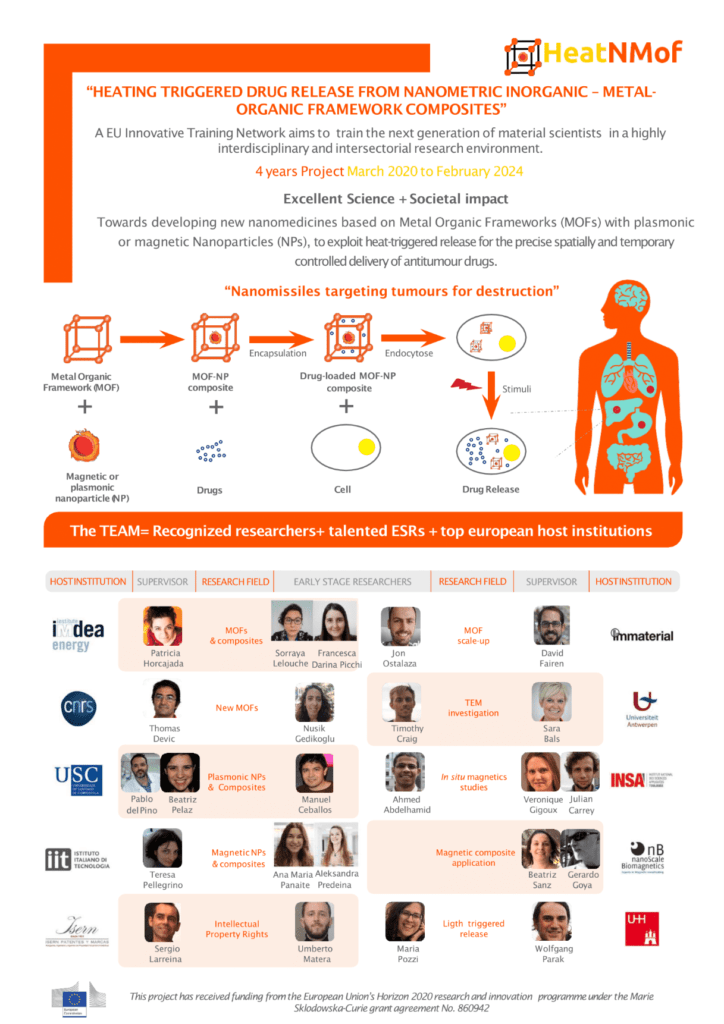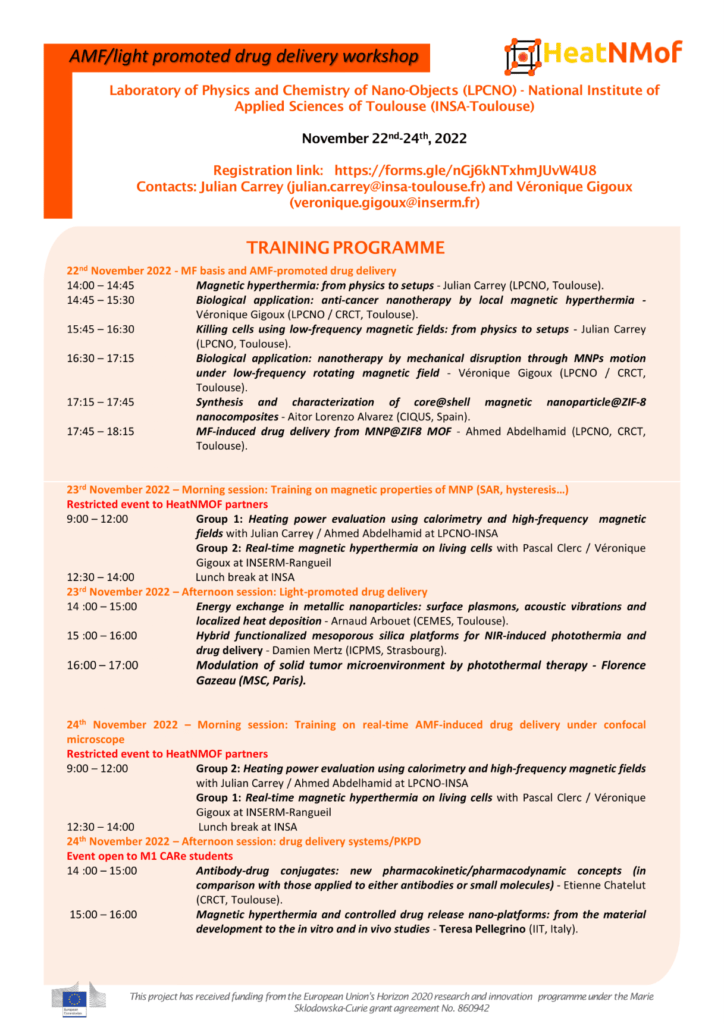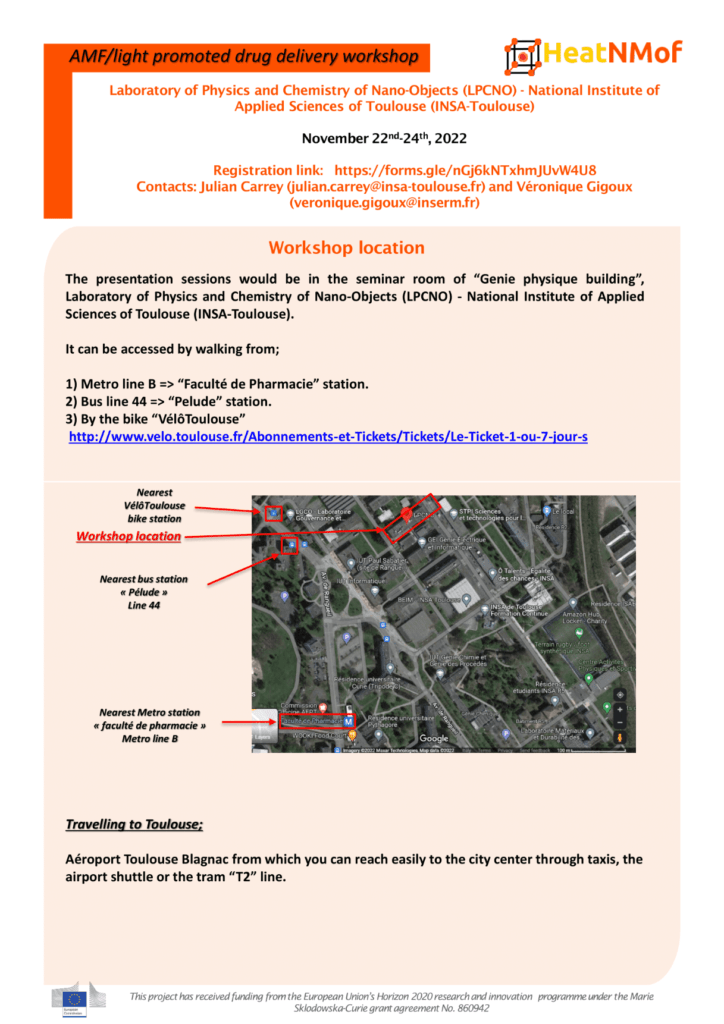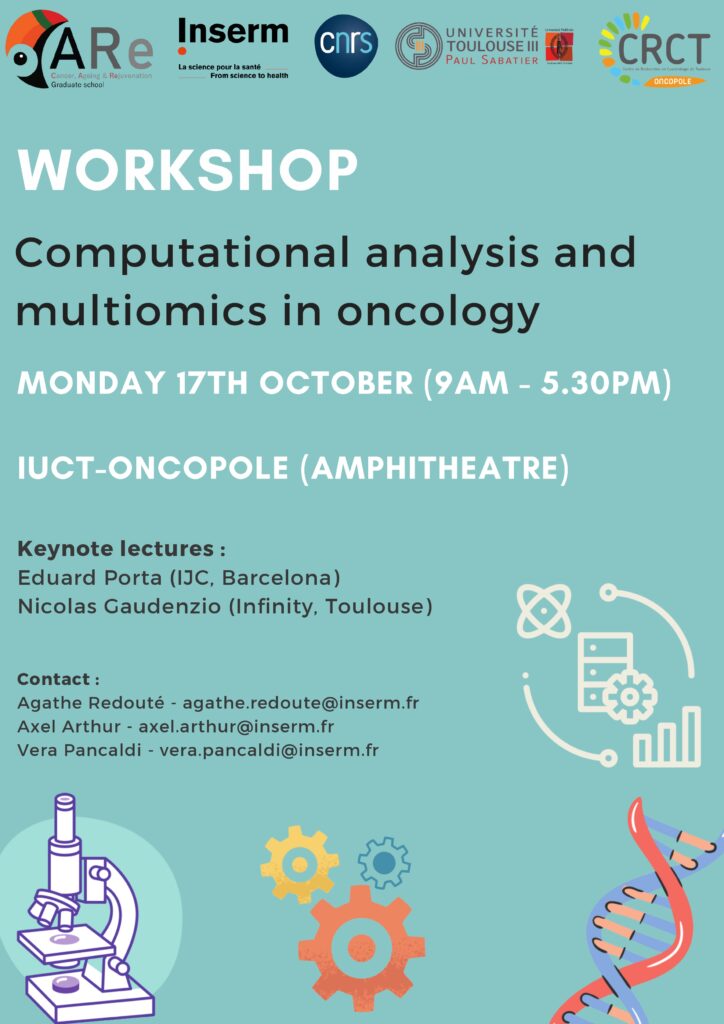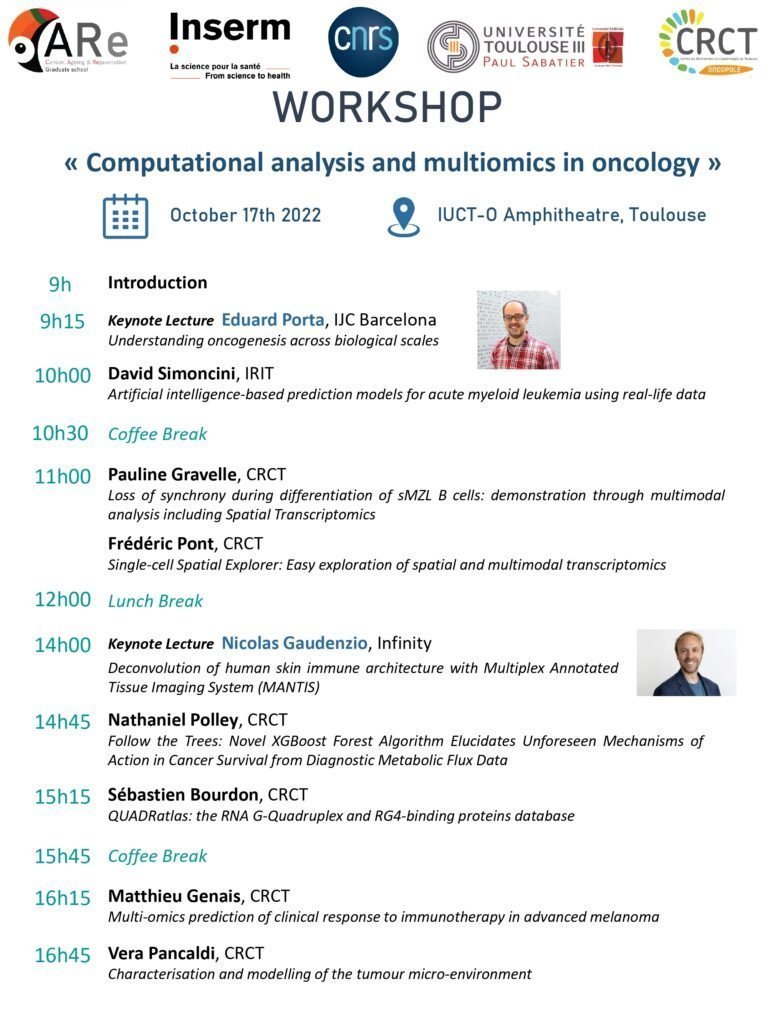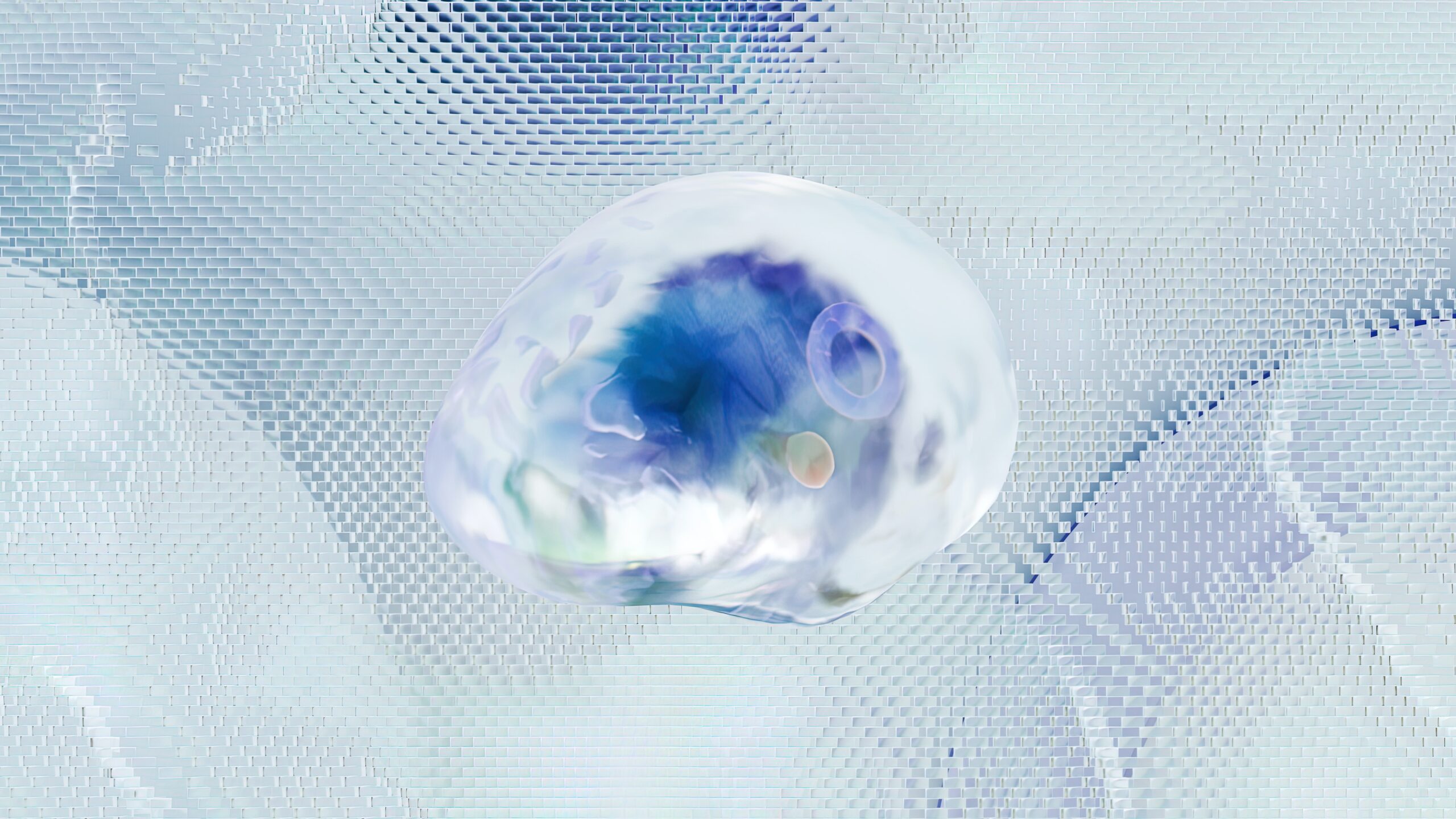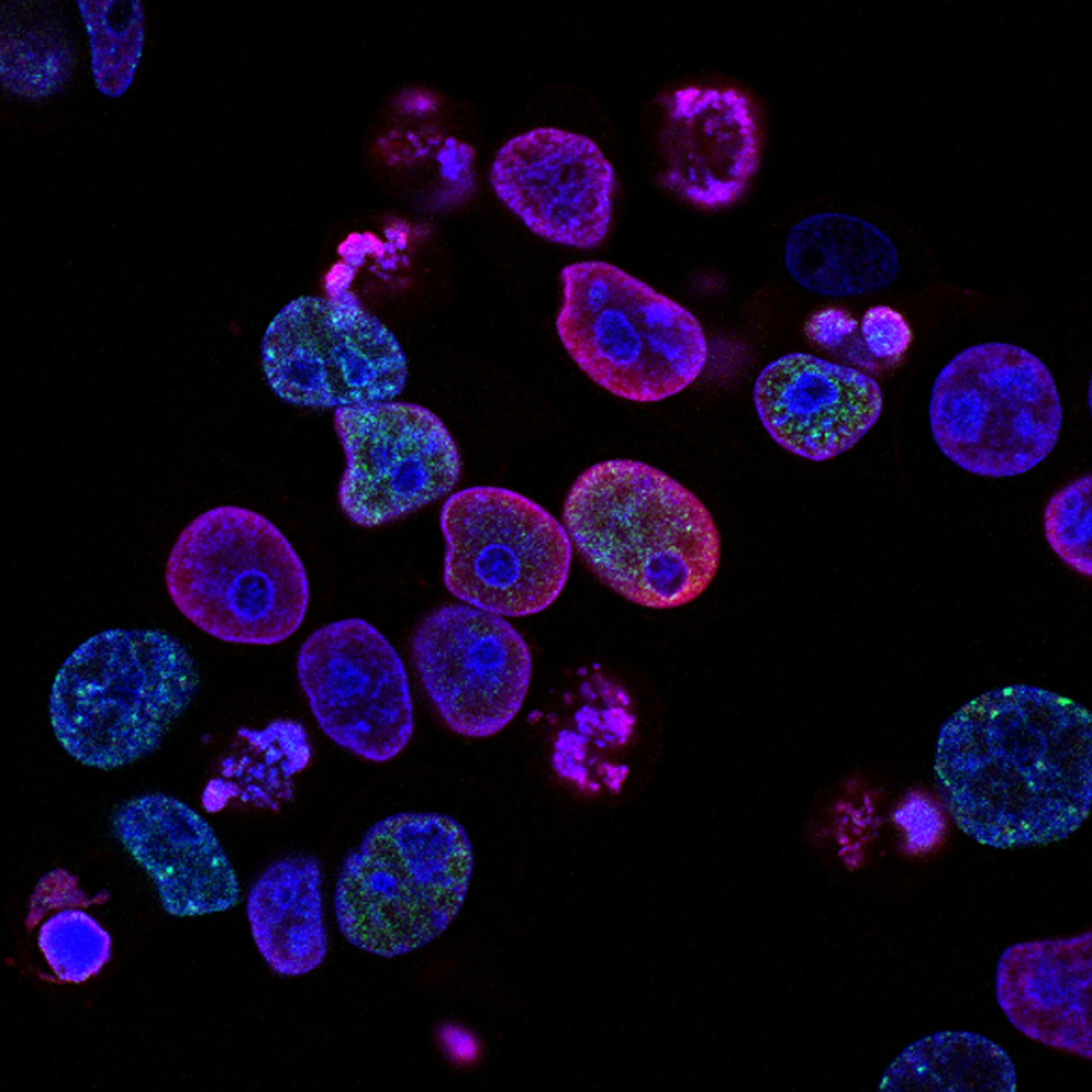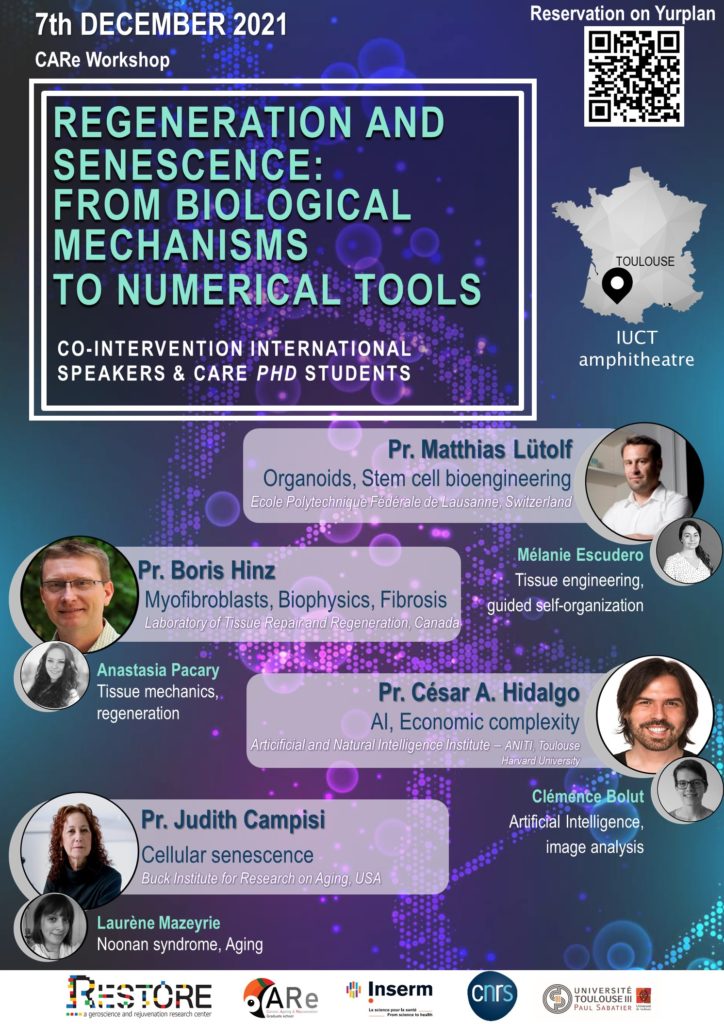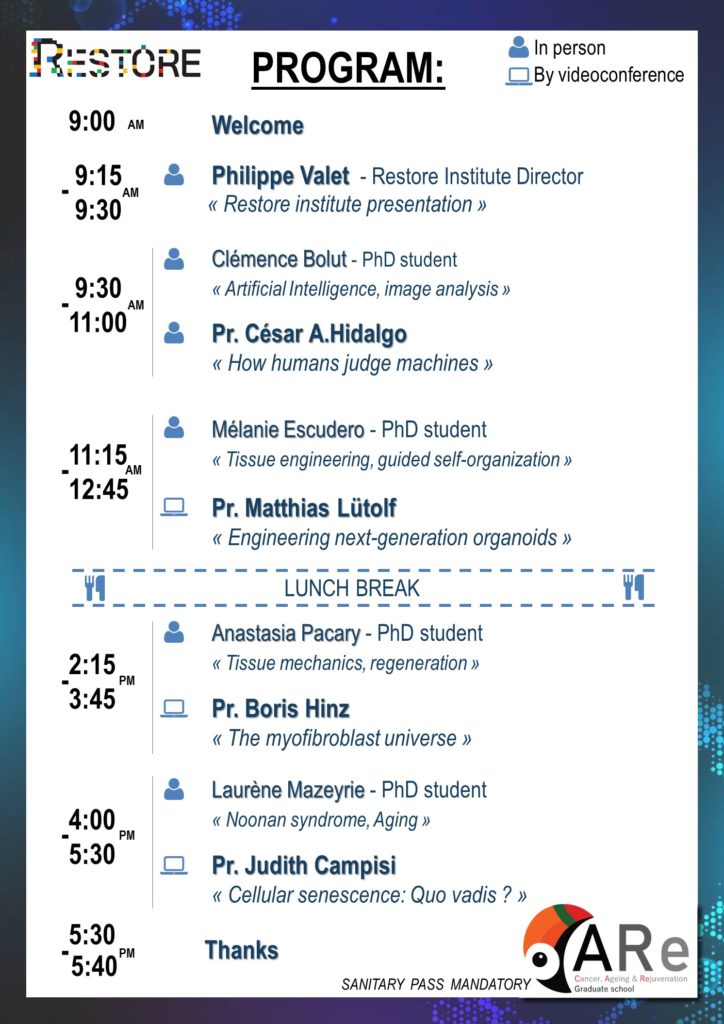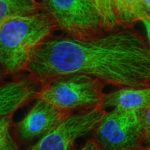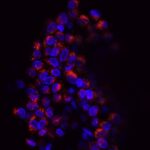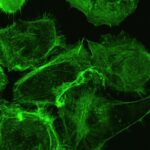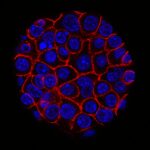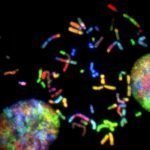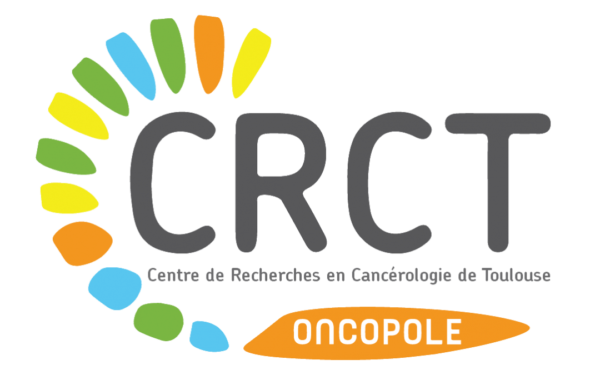Bioinformatics Workshop
On Wednesday, November 23rd at the IUCT -Oncopole Amphitheater researchers and CARe PhD students will share their expertise on Bioinformatics. A Keynote lecture will be given by Professor Roser Vento (Wellcome Sanger Institute, UK) on « Mapping tissues in vitro and in vivo ».
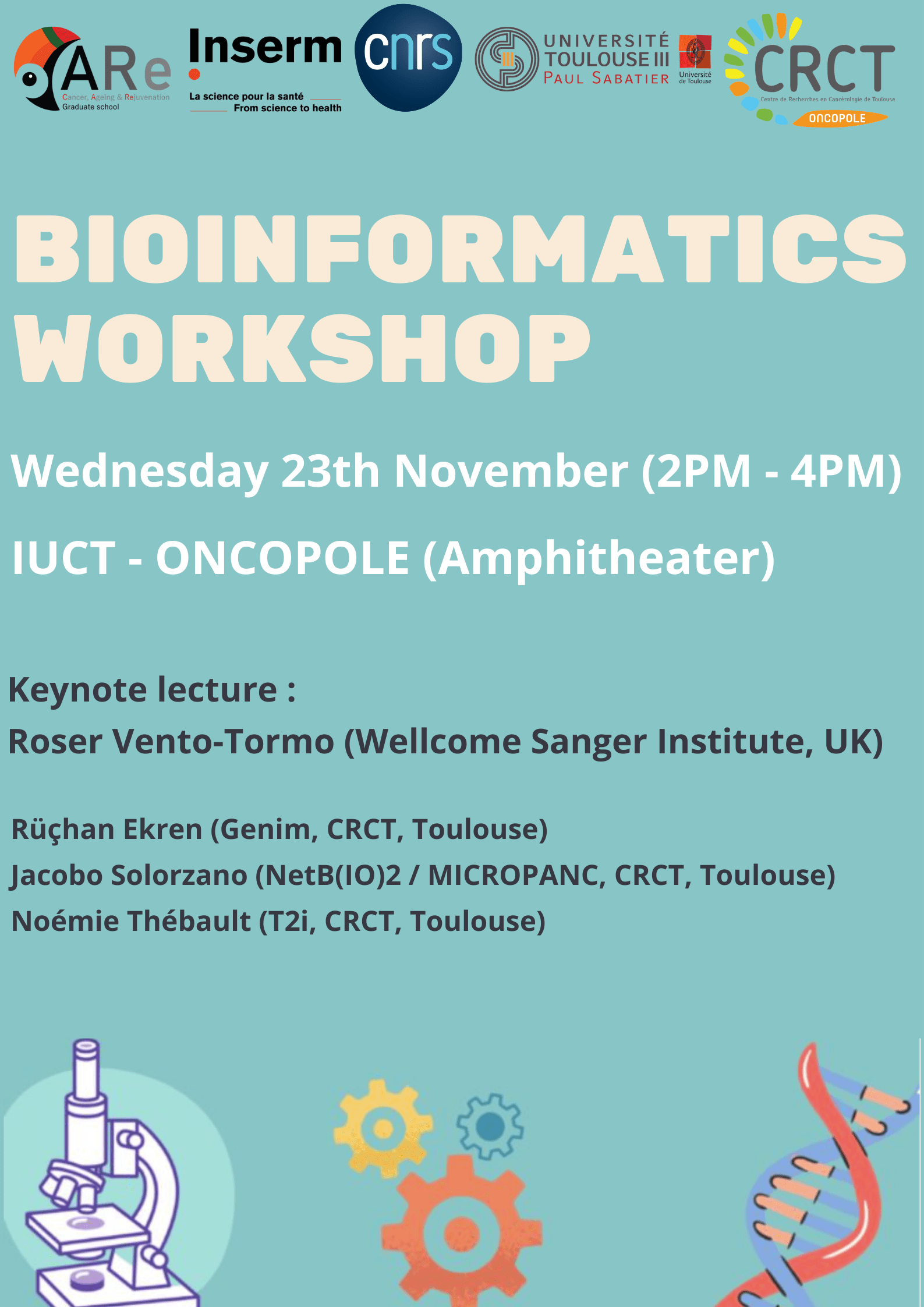
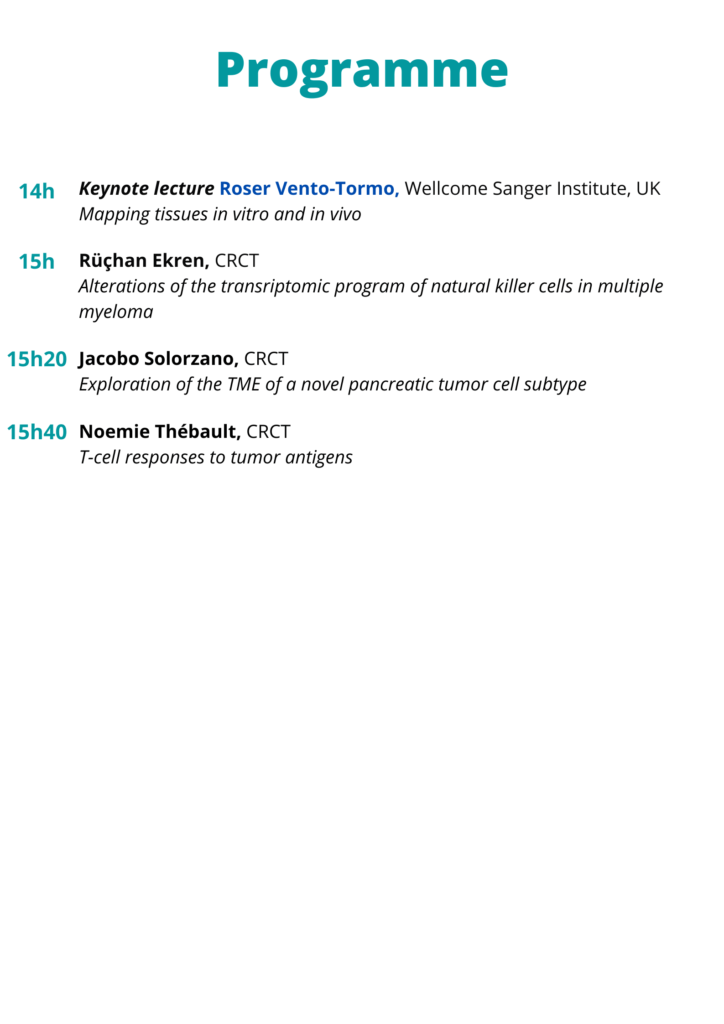
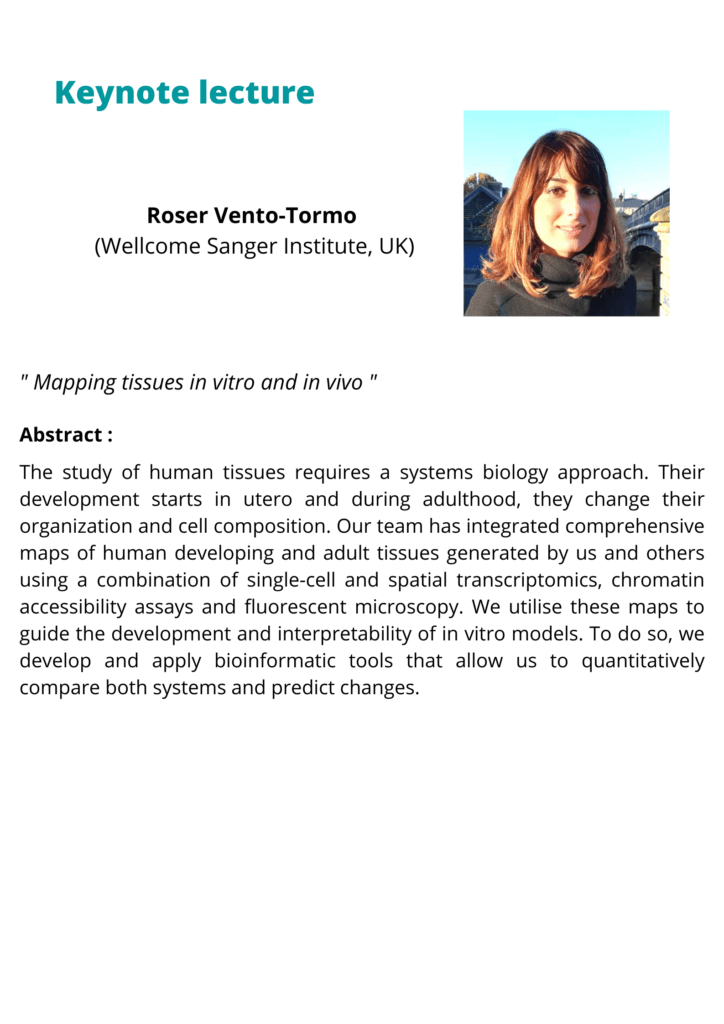
To participate via videoconference, please click here.
Lessons for disease learned from cellular ageing: a 3D genome perspective
On Thursday, October 20 Pr. Argyris Papantonis will give a lecture during ‘Le 13h de Restore’ on molecular biology of cells. This event will be followed by a discussion with CARe students.
If you want to attend the meeting online, please click here.
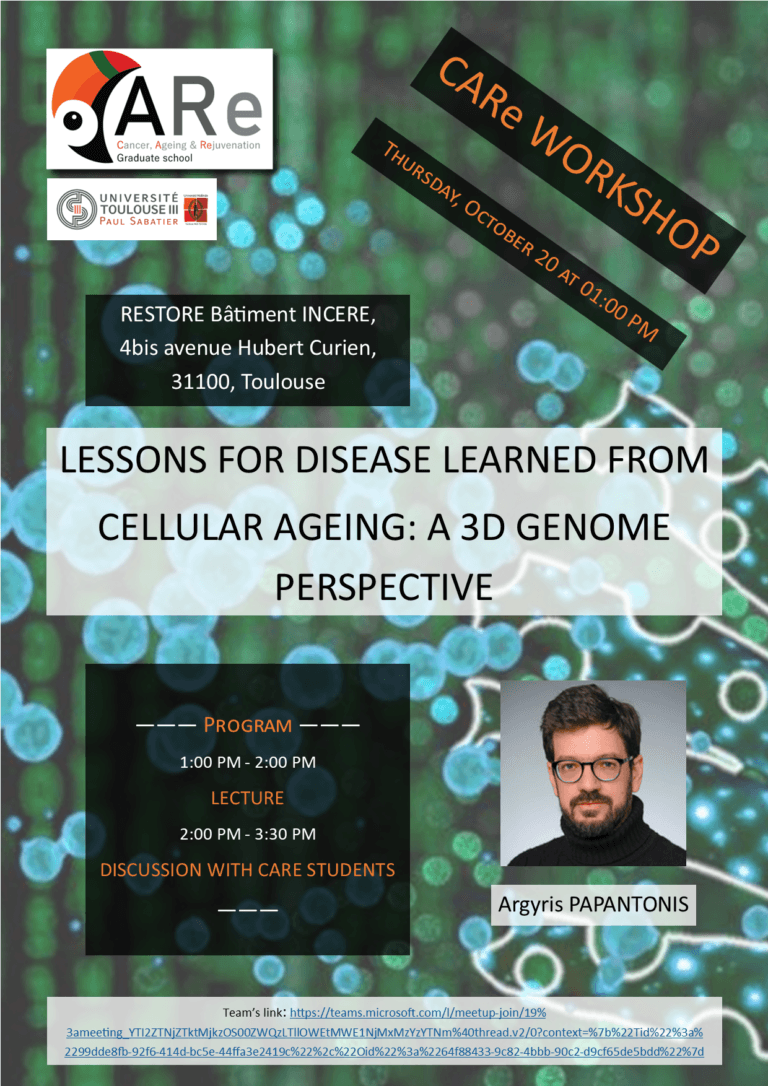
COMPUTATIONAL ANALYSIS AND MULTIOMICS IN ONCOLOGY
Adipose tissue as a source of therapeutic targets for metabolic diseases
On March 30th, Jérémie Boucher will give a lecture at INCERE building
Continue readingRegeneration and Senescence: From Biological Mechanisms to Numerical Tools
Co-intervention of international speakers and CARe PhD students
Intrinsic abilities and nutrition in population : the role of Reactive Oxygen Species analyzed by mathematical modelling
PhD proposal
Supervisors: S. Guyonnet & N. Davezac
Team S. Andrieu (U1027)
The objective is to study the relationship between nutrition and intrinsic capacities and understand the impact of Reactive Oxygen Species (ROS) metabolism in this context. For this, different approaches will be carried out within the framework of the INSPIRE platform to promote healthy aging. First, the epidemiological component will be made from data from human cohorts, aged 70 and over, randomized with multi-domain interventions in order to analyze the link between the nutrition and intrinsic abilities. Existing cohorts (MAPT, NOLAN, COGFRAIL) will be analyzed as well as the ongoing cohort of the INSPIRE project. We developed a mathematical model centred on the mitochondrial dysfunctions and more precisely on the dysfunction of mitochondrial respiratory chain (MRC) as it was shown to be a major point in ROS production (80% of total ROS production).
The MRC can be divided in two models, one concerning Complex I and the other concerning Complex III as they are the principal providers of ROS. Detoxification of ROS in the mitochondria and then in the cytoplasm is being added. The PhD student will perform biological experiments to determine biological parameters with different quantities of NADH substrates of the MRC and different antioxidant component to mimic the different food intakes and modulate ROS metabolism. This sysiugiuguygtem-level model, which has been built taking into account the desired level of detail, is then used to explain, predict and analyse the behaviours of the biological system. Thus, it becomes possible to use the model as a way of proving hypothesis and performing predictions. This translational study will help to better understand the fundamental mechanisms of aging associating alimentation and intrinsic abilities as well as molecular level with ROS production, and in the long term, to offer treatments as well as predict and / or prevent the onset of pathologies in humans.
Key words: ROS, nutrition, mathematics
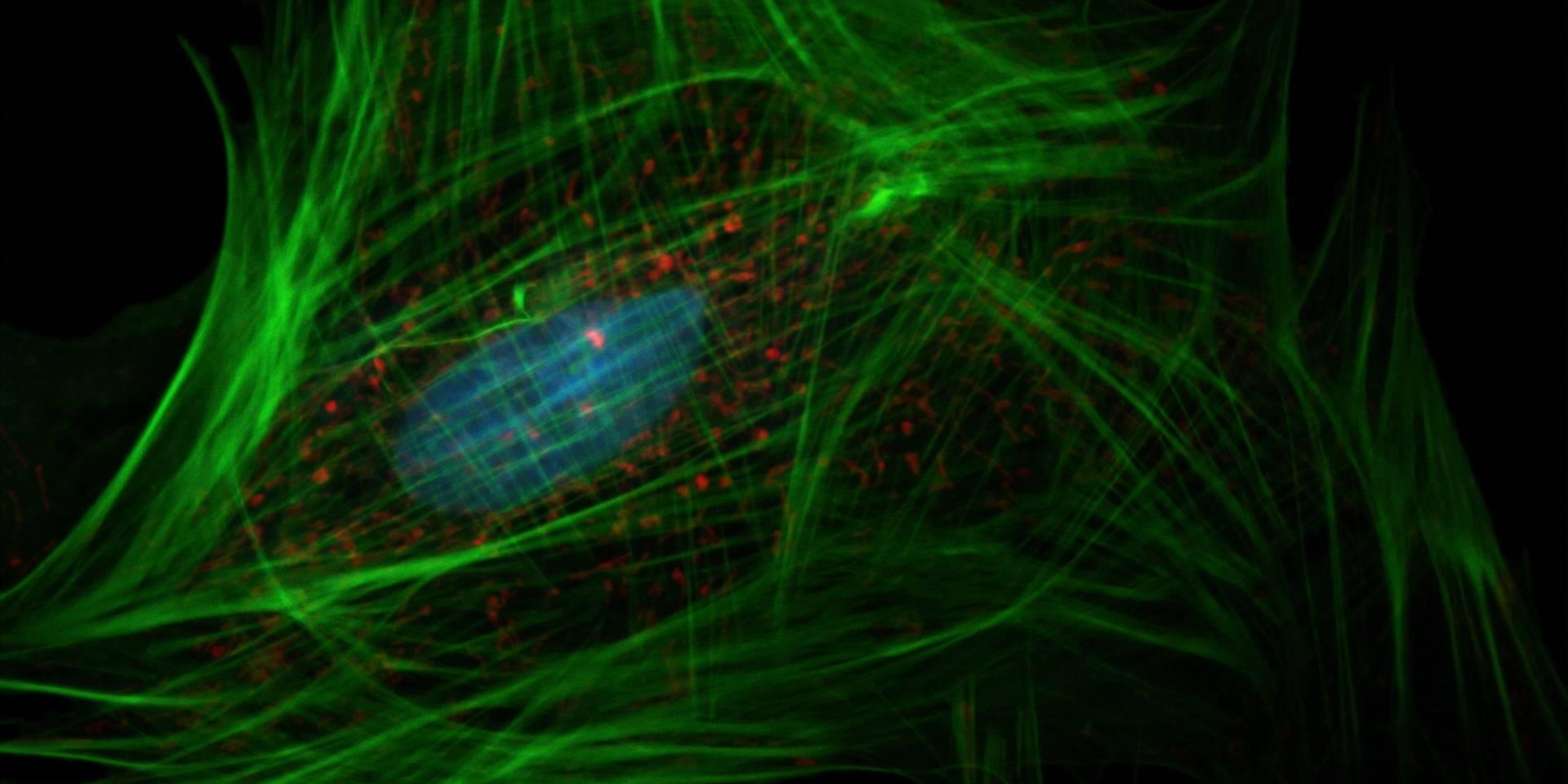
PhD program
The PhD program is devoted to enroll students in various transdisciplinary research topics from very basic science to clinical or pharmacological outcomes. PhD research proposals are under the supervision of CARe-associated research teams from academic laboratories or partner companies. PhD proposals are selected by CARe committees and on line in spring every year. Candidates must send a complete biosketch and will be selected by a mixed board. PhD student will spend a part of the PhD abroad.
Visit us on
CARe PhD Proposals
Position: Project Coordinator M/F
Position: Project Coordinator M/F
start: September 1, 2021
location: CRCT, Toulouse, France
1 year – renewable; full time job
Apply before May 20th, 2021
Investigate the importance of mitochondria in cognitive processes during aging
PhD proposal
PhD supervisor : Claire Rampon & Marie-Christine Miquel – CRCA
PhD co-supervisor : Kevin Richetin – CHUV Lausanne, Swiss
The maintenance of healthy mitochondria is critical for brain functions throughout adult life. Aging is associated with a decrease in mitochondrial quality, the decline of biological functions and the development of several diseases.
In the mammalian brain, considerable evidence shows that mitochondrial dysfunction occurs early and contributes to the loss of synaptic function and plasticity. In this context, the two research groups involved in this project (CNRS UNIV. Toulouse 3 and CHUV Lausanne, Switzerland) recently demonstrated that mitochondrial disorders play a primordial role in hippocampal function and memory performances during Alzheimer’s disease. However, it remains unclear how aging per se affects mitochondrial dynamics and functions in the hippocampus and whether mitochondrial defects are causal in neuronal dysfunction.
This project aims to understand the importance of mitochondria in cognition during healthy and pathological aging. Through access to primate and human brain biobanks (K Richetin) combined with the manipulation of mitochondrial dynamics targeting hippocampal neural cell populations in mice (MC Miquel/ C Rampon), we will seek for new crucial information linking mitochondria to brain plasticity and cognitive functions throughout aging. We expect that this study will shed light on an unexplored aspect of cognitive diseases, possibly leading to novel diagnostic approaches.
Key words: mitochondria, aging
Visit us on
CARe PhD Proposals
The mouth and the biological ageing process: bidirectional influences and biological markers
PhD proposal
Supervisor: Jean-Noel Vergnes
Team S. andrieu (U1027)
Biological ageing is a complex process, influenced by genetic and environmental
factors. Factors influencing the ageing of the mouth are in part genetic, but are mainly related to lifestyles habits, and hence often depend on socio-economic status. Numerous diseases of the oral cavity share common risk factors with other non-communicable diseases like diabetes or cancer. There is a bidirectional relationship between oral health and biological ageing. On one hand, age-related diseases, like dementia, cancer or geriatric depression, are frequent in elderly persons, and might have a direct impact on oral health. For example, oral health status may be jeopardised by frailty, disability, care dependency or limited access to professional oral health care. Another example is the side effect of several medications in causing xerostomia and hyposalivation. On the other hand, oral health problems such as periodontitis, unstable removable dentures, insufficient chewing or dysphagia are related to low Oral Health Reported Quality of Life scores, and nutritional state in geriatric individuals.
Besides this bidirectional relationship, the mouth also represents a potential source of biomarkers that can be collected in a non-invasively and cost-effectively way. We hypothesize that oral biomarkers (particularly salivary markers) can be integrated into predictive models for estimating biological age and/or detecting age-related diseases. Biomarkers represent an attractive measure of biological ageing and may potentially improve our understanding of underlying ageing processes and age-related disease.
The aims of this thesis will be 1) to better understand the bidirectional influences between oral health and biological ageing and 2) to explore how biomarkers from the mouth could be used as diagnostic tools to identify altered aging profiles.
In order to achieve these objectives, we plan to undertake two research phases.
- During the first phase, we will explore and synthesize the current literature in order to generate new knowledge (meta-synthesis of the literature).
- During the second phase, we will analyse data from on-going cohorts, basing the choice of research criteria on the knowledge acquired from the first phase, in order to produce new primary knowledge.
Key words: biological aging, biomarkers, oral health, meta-research, clinical epidemiology, predictive model
